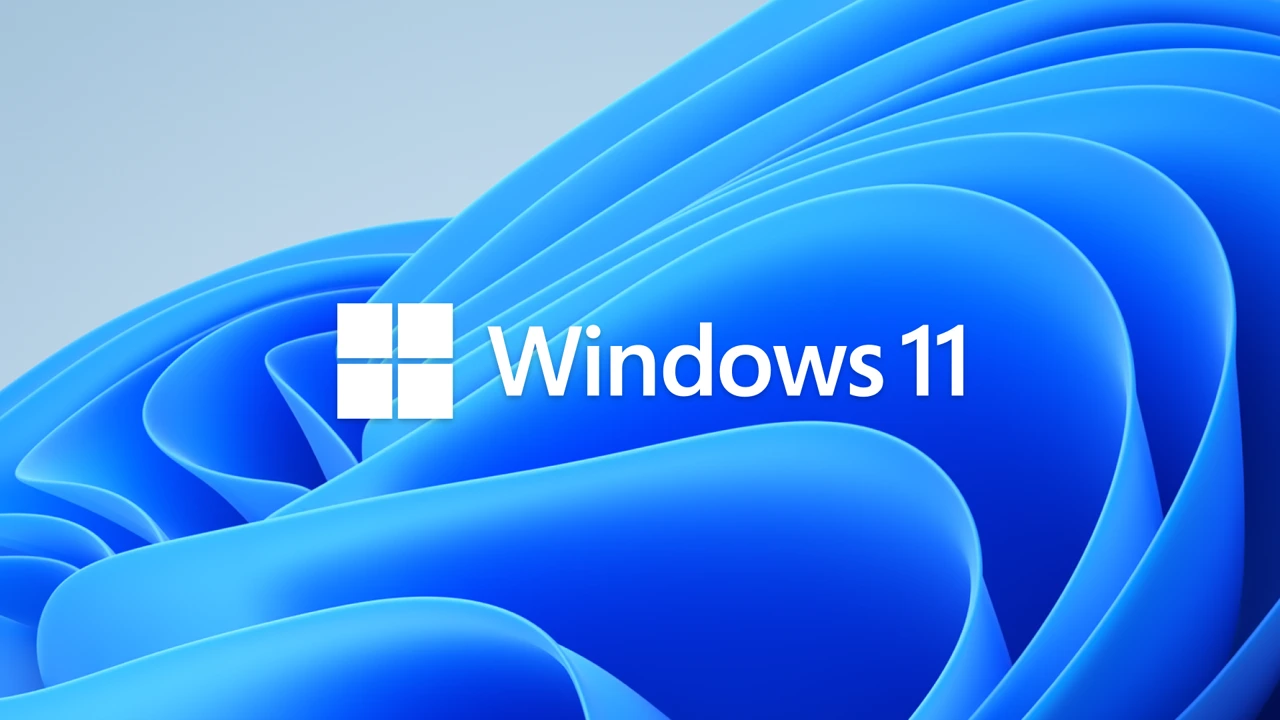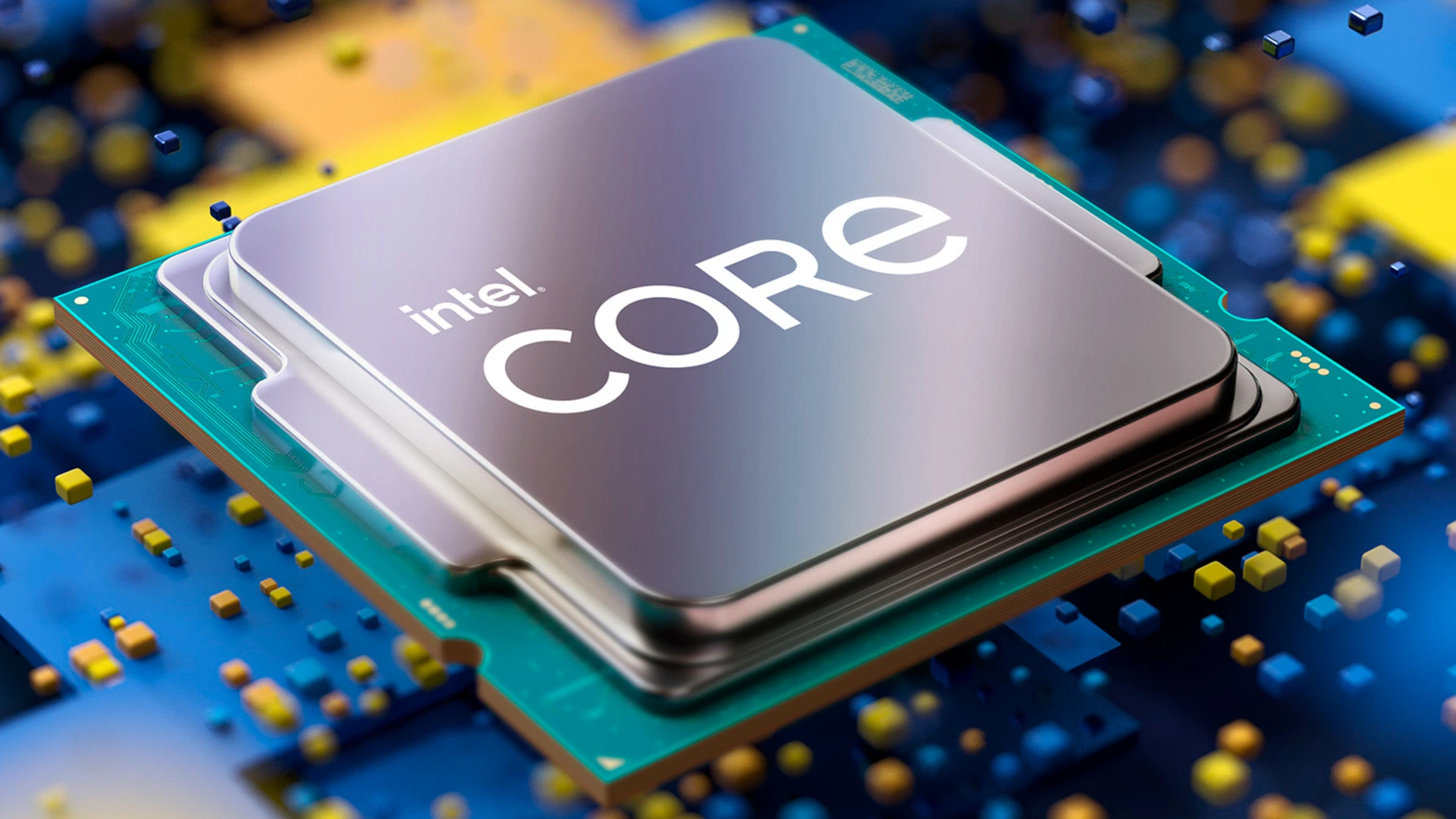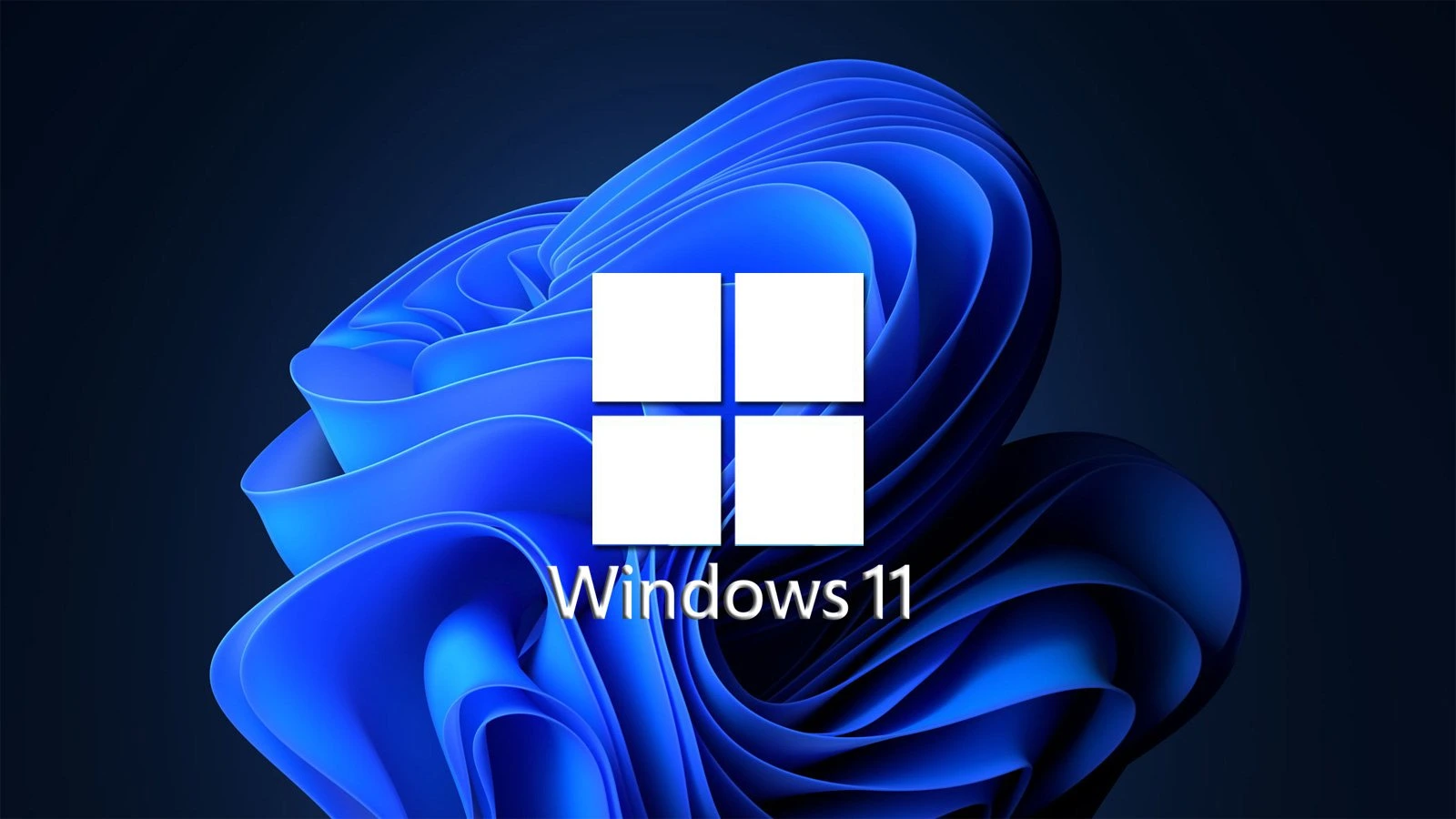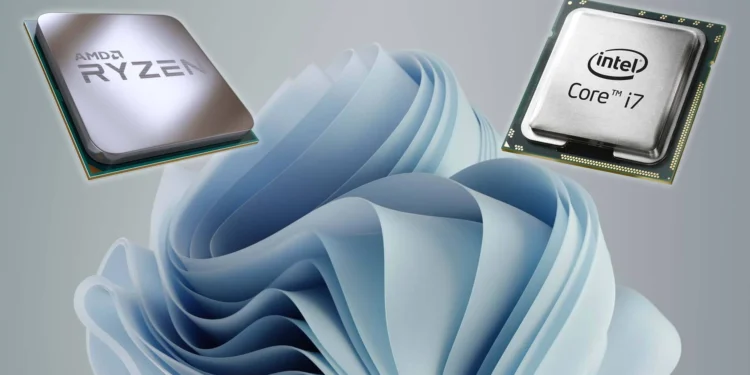In a surprising technological pivot, Microsoft has announced a significant update with the release of Windows 11 24H2, particularly affecting users of older Intel CPUs. This update marks the discontinuation of support for Intel’s 8th, 9th, and 10th generation processors, including popular “Coffee Lake” and “Comet Lake” models. Despite these processors still meeting the minimum system requirements for Windows 11, they have been removed from Microsoft’s supported list, signaling a clear move towards embracing newer technological standards.
This decision was first reported by Neowin, highlighting a shift that might unsettle some users while aligning with Microsoft’s core design principles of security, reliability, and modernity. According to Microsoft’s official statement, “The processors listed represent the processor models which meet the minimum floor for the supported processor generations and up through the latest processors at the time of publication.” This suggests a forward-looking approach, focusing on contemporary and future processors that adhere to stringent security and reliability standards.

Impact on OEMs and DIY Builders: A Dual Perspective
Microsoft’s revised policy primarily impacts Original Equipment Manufacturers (OEMs), who are now restricted from using these older CPUs in new Windows 11 devices. This mandate aligns with Microsoft’s strategy to ensure that new devices not only run on modern hardware but also meet enhanced performance criteria through modern device drivers that have passed the Windows Hardware Compatibility Program for Windows 11.
Interestingly, this development does not spell the end for individual DIY PC builders or current users of older Intel CPUs. The same CPUs, if already meeting Windows 11’s hardware requirements, are still functional with the new OS update. “There’s nothing stopping DIY PC builders from continuing to use these CPUs,” confirms Microsoft’s guidance. This is a crucial distinction, as it preserves a pathway for enthusiasts and users who prefer to assemble their own systems or maintain their existing setups without forced upgrades.

What This Means for the Tech Industry and Consumers
Microsoft’s strategy is clear: push the industry towards newer, more capable hardware that enhances the overall user experience through increased security and performance. This move may encourage faster adoption of advanced technology, potentially driving innovations across software applications and services.
For the average consumer, particularly those planning to purchase new systems, this could mean more robust, future-proof computers ready for upcoming challenges. For those in the tech community, such as participants in the OC3D Forums discussion, this topic has sparked a range of opinions. From debates over the fairness of Microsoft’s decision to discussions about its implications for hardware lifecycle management, it is evident that Microsoft’s policy shift is reshaping how both vendors and consumers think about system requirements and upgrades.

In conclusion, Microsoft’s discontinuation of support for older Intel CPUs with the launch of Windows 11 24H2 is more than just a routine update—it is a strategic decision that aligns with broader industry trends towards enhanced security and efficiency. While it poses challenges for some, it also opens up new opportunities for innovation and growth within the technology ecosystem.










